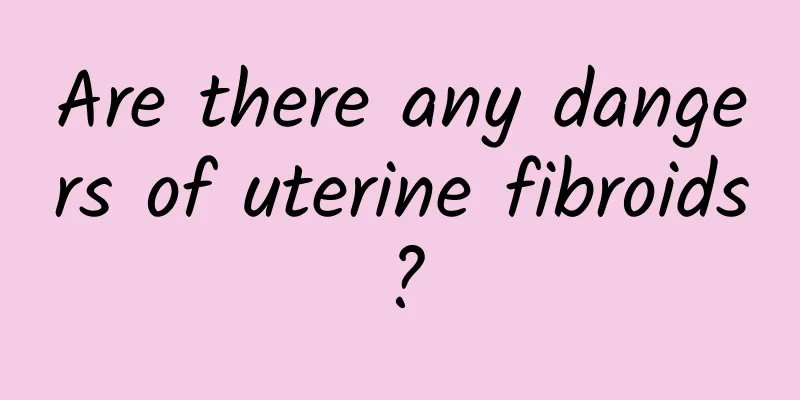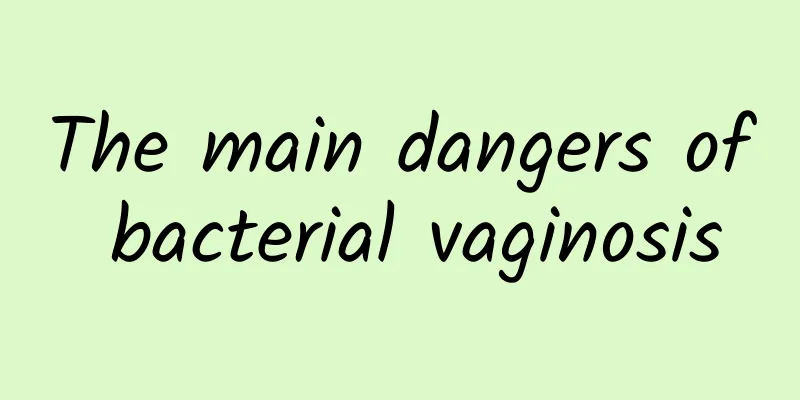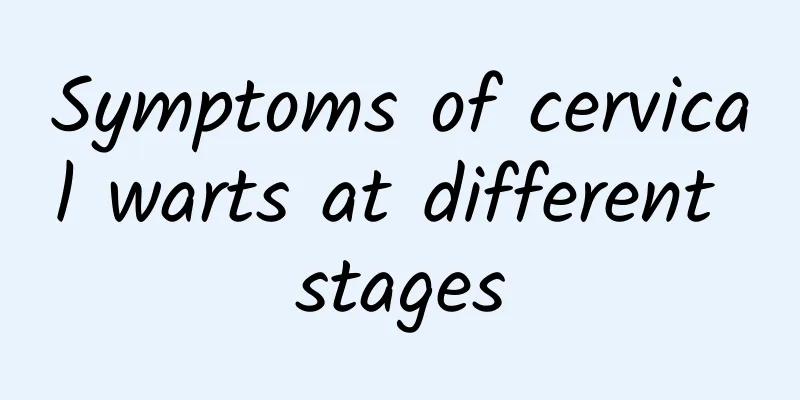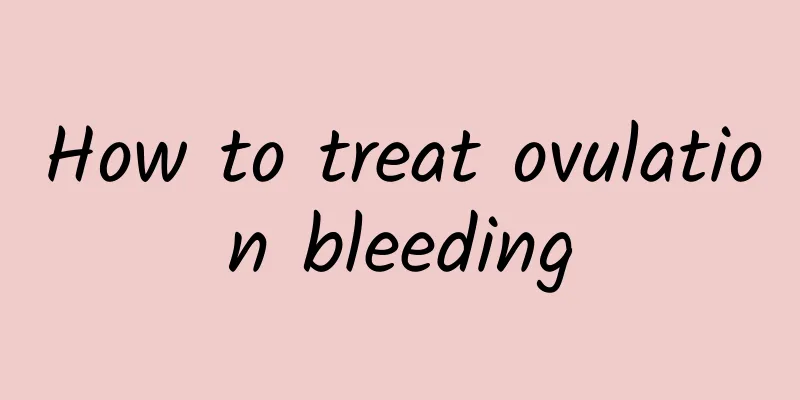Are there any dangers of uterine fibroids?

|
Uterine fibroids may affect women's reproductive health and quality of life, including menstrual abnormalities, anemia, abdominal pain, and even reproductive function. The treatment plan should be determined according to the size and location of the tumor. Scientific management and timely treatment can effectively reduce possible harm. 1The main harm of uterine fibroids Uterine fibroids are the most common benign tumors in women. Common symptoms include menstrual cycle disorders and excessive menstrual flow, which can lead to chronic blood loss and iron deficiency anemia, manifested as fatigue, dizziness and other discomfort. If the fibroids are located inside the uterus or close to the uterine cavity, they can cause abdominal pain or compression symptoms, such as frequent urination and difficulty defecating. If the patient has fertility needs, larger fibroids may cause difficulty in fertilization or risk of miscarriage, which deserves special attention. In rare cases, fibroids may become cancerous. 2How to determine whether treatment is needed For small, asymptomatic uterine fibroids, observation and follow-up are usually adopted. Regular ultrasound monitoring, such as every 6-12 months, is key to detect changes in the fibroids in a timely manner. If fibroids cause significant symptoms or have a serious impact on your quality of life and well-being, treatment should be considered, especially if heavy menstrual flow causes anemia. 3 Treatment methods Drug treatment: used to control symptoms and inhibit the growth of fibroids. Commonly used drugs include gonadotropin-releasing hormone agonists (GnRH agonists), which reduce the size of the tumor by reducing estrogen levels, but long-term use may cause osteoporosis. Mifepristone or birth control pills can also be used to improve bleeding problems. Minimally invasive treatment: High-intensity focused ultrasound (HIFU) is a non-invasive treatment method that can destroy the internal tissue of the tumor through high temperature and is suitable for those who do not want surgery. Surgical treatment: For larger or symptomatic fibroids, myomectomy or hysterectomy is a common choice. Myomectomy preserves the uterus and is suitable for those who want to have children, while hysterectomy is for those who have menopause or do not want to have children. 4 Life Management Suggestions Dietary precautions: It is recommended to consume iron-rich foods such as red meat, animal offal, and spinach to prevent anemia, and avoid high-fat, high-estrogen foods such as processed foods and soy products to reduce stimulation of tumor growth. Moderate exercise: Relaxing exercises such as yoga and walking can improve the body's immunity and reduce stress. Regular check-ups: Even if there are no obvious symptoms, women over 40 or those with irregular menstruation need to undergo a gynecological examination once a year. Uterine fibroids may cause a variety of health problems, but with reasonable examinations and scientific management, most fibroids have little impact on women's lives. If obvious symptoms occur, you should consult a doctor as soon as possible to choose a suitable treatment plan. |
<<: What causes chronic cervicitis and what to check
>>: Can I only take painkillers for dysmenorrhea? Is it because of uterine cold?
Recommend
What are the causes of cervicitis?
Cervicitis, as the name suggests, is an inflammat...
Low-carb diet is becoming a trend, eating nuts can produce healthy fats!
Speaking of losing weight, I believe many people ...
What should I do if I have abnormal leucorrhea after giving birth?
What should I do if I have abnormal leucorrhea af...
What are the dangers of acute pelvic inflammatory disease
Acute pelvic inflammatory disease is more common ...
The more whole grains you eat, the better? Debunking 3 myths: Keep healthy instead of getting sick
The more whole grains you eat, the better? In rec...
Will abortion affect childbearing? What should be paid attention to in postoperative care?
For various reasons, many women have to choose ab...
The cause of frequent dysmenorrhea in women is related to endocrine factors
For female friends, frequent dysmenorrhea is not ...
Prevent cervical erosion and protect women's health
Cervical erosion is terrible for female friends, ...
Love high-intensity exercise? Be careful or your heart will be broken!
There are four keys to protecting your heart: qui...
What should I do if I have sex after an abortion? Things to note when having sex after an abortion
Everyone should know that after an abortion , the...
Postoperative care for uterine fibroids
What should be paid attention to in postoperative...
How long do patients with Bartholinitis usually live?
The main pathogens of Bartholinitis are Staphyloc...
What kind of exercise can suppress uterine fibroids? What kind of exercise can make uterine fibroids disappear?
What kind of exercise can inhibit uterine fibroid...
Runners are prone to hair loss! 6 Symptoms to watch out for
Certain physical discomfort symptoms are particul...
Experts explain the causes of ovarian cysts
Ovarian cysts are a type of gynecological disease...









